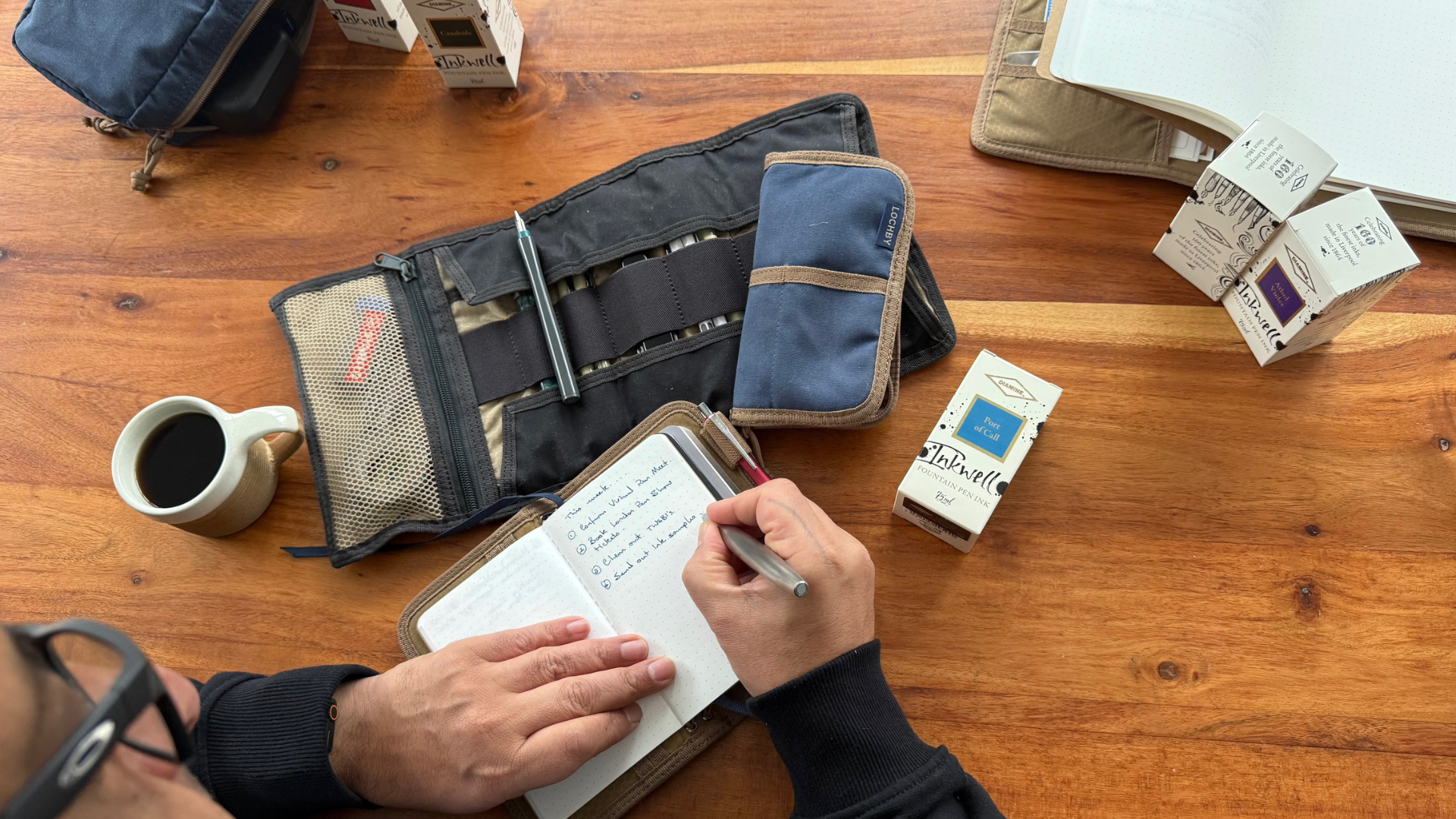Have you ever watched Hoarders? If you have, then you’re familiar with what each episode features: a house filled to the brim with every item imaginable. Each room shows us the most random of things piled on top of one another, making it impossible to navigate through the space or even find anything at all. Now let me ask this:
Does sifting through your mind feel like that sometimes?
Don't worry! You're not alone. With how technology is set up for our consumption nowadays, we have a higher tendency for mental clutter. After all, we're spoon fed information with barely any input needed on our end. As a result, we end up with all this noise in our heads, often insignificant and unhelpful in our daily quest to live a more meaningful life. But here's the good news: there's a lot that journaling can offer to help you declutter your mind.
1. Dear Diary has a positive effect on your mental health.
According to a study published by the American Psychological Association, expressive writing, such as keeping a diary, can boost health. Based on evidence, research suggests that "...at least for fairly minor life problems, something as simple as writing about the problem for 20 minutes can yield important effects not only in terms of physical health and mental health, but also in terms of cognitive abilities." Now how does writing on a piece of paper help clear away your mental clutter?
When you're healthy in mind and body, you have more power over the noise that buzzes in your brain, the one that tries its best to steer you away from important things. Journaling, just like keeping a diary, can provide you the creative space needed not just to express yourself in the written form - there’s also a ton of ways you can utilize journaling to help yourself become healthier in all the aspects that matter.
2. Organization skills can get rid of your mental clutter.
There's no better way to combat all the clutter in your head other than facing it head on, but with a strategy: by making use of your organization skills. Journaling has all that in the form of bullet journaling: habit trackers, meal plans, to-do lists of chores and goals, and so much more. This is one of the beauties of a bujo - it helps you sort your thoughts out and reflect on them, in the process making them more graspable. So you end up figuring out what's not important, which means less of all that meaningless noise in your head. There are several organizational formats you can follow and bullet journaling is just one of them.
Different systems work for different people and the format doesn’t matter. What matters is that you have some system to organize your thoughts.
3. Self reflection is a great way to declutter.
People who keep journals are encouraged to write down their innermost thoughts. That's the whole point of journaling after all - to have an avenue where you can be true to yourself without worrying about the judgment of others. Doing this has helped a lot of people with self-discovery: they end up with a better idea of who they are and what they want. When you're more self aware, it becomes easier to sort through all of the clutter in your life. It will empower you when faced with making decisions regarding keeping certain things while letting go of others.
4. Processing life experiences allow you to declutter by moving on.
The difference between looking back at an important life event in your head and on paper is this: having a visual reference helps you better understand and grasp what happened. The ability to see all the details penned down while journaling, as opposed to just rummaging around your brain, allows for a clearer picture that we can reflect on. The goal here, as this Berkley article states, is to "gain insights and see new connections among your feelings, not to just vent with a pen."
Oftentimes, we find ourselves unable to move forward because of numerous thoughts and memories of situations that have either happened in the past, or are currently happening. This causes more noise in our heads, just another thing to add to the mental clutter we're keeping up there. But through the expressive writing in journaling, we get to write these events down in order to process what took place with the goal of letting them go. With how much baggage we all carry, keeping a journal might just free up a considerable amount of mental space.
Conclusion
Decluttering the mind is more than just us wanting to function and be productive - it's also a way to improve our life. By finding all of the hidden objects in our heads and getting rid of what we don't need, we can create a healthier, happier headspace where we can thrive and live our life to the fullest.
How else has journaling helped you declutter mentally? What other methods do you turn to in order to minimize, if not completely abolish, the noise in your head?
Whatever method you use, I hope you find exactly what you’re looking for. Happy journaling!





Share:
It Works! The Science Behind Journaling
Eliminating Distractions: 5 Ways To Stay Focused